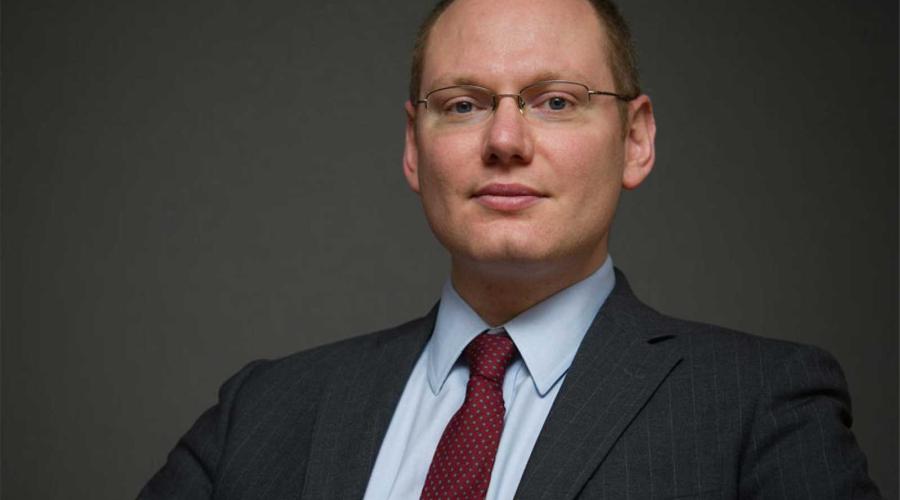
"American Capitalism: A History"
Innovative entrepreneurs, corporate titans, labor visionaries, and public policies are part of a new MOOC – massive open online course – being co-taught this semester by an ILR School professor.
Beginning March 17, Assistant Professor Louis Hyman and Ed Baptist, associate professor in Cornell's Department of History, will teach "American Capitalism: A History" covering how the United States went from a backwater colony to a global power and exploring lessons from capitalism's ongoing development.
Other Cornell MOOCs this semester include "Networks," "Relativity and Astrophysics," and "Wiretaps to Big Data: Privacy and Surveillance in the Age of Complete Interconnection." The MOOCs are free and open to anyone interested in participating through online lectures, discussions, and assignments.
To register for the course, go to https://www.edx.org/course/cornellx/cornellx-hist1514x-american-capitalism-1307.
An introductory video can be seen at: https://www.youtube.com/watch?v=KP6z7f4kSNE.
The Facebook page (with more sneak peak videos) can be found at: https://www.facebook.com/AmericanCapitalismMOOC.
"As Ed Baptist and I pitched this class to Cornell for its first batch of MOOCs, we thought a lot about the place of the U.S. in global history. We think American history matters, not only because we are American, but because it is so odd,"Hyman said.
In only a few hundred years, the U.S. has gone from a colony to a superpower making it a symbol of the possibilities and dangers of capitalist development, Hyman said. "We hope this course will foster critical conversations about capitalism, not only in the U.S. but around the world."
The course focuses predominantly on the 19th and 20th centuries. Interweaving the histories of labor, business, and consumers, the MOOC illustrates how capitalist relationships were made in American society. For people interested in labor issues, Hyman said, the course in addresses many crucial questions:
- How can unskilled workers be successfully organized?
- Why has work become so precarious in the past 40 years?
- Does inequality inhibit or make possible economic growth?
- Why is it so difficult to get a good manufacturing job today? How did these good jobs come about in the first place?
- What was the role of slavery in the formation of American capitalism?
- How has the relationship between organized labor and the state changed over time? How has the state weakened or strengthened organized labor?
- How has the everyday life of working people been shaped by economic growth?
- Did labor radicalism lead unions astray or is it important to real gains for workers?
- How did the changing racial and gender makeup of the work force shape labor relations?
The MOOC includes a lecture about how autoworkers beat the largest corporation in America, in the midst of the Great Depression. Hyman said the secret to their success was strategic thinking about supply chains. A "sneak peek" video can be seen at http://www.youtube.com/watch?v=4xCESZHRGj4
Made available through iTunes University, the MOOC is the first to offer a free podcast. "We wanted to design a course that was accessible to working people. We hope that people will listen to the lectures during their commute or on the job."
"American Capitalism: A History" starts March 17 and runs for 8 weeks. Participants can earn a certificate for successfully completing the course or may choose to audit the MOOC.
"This past decade's crisis reminds us that even when capitalism changes, basic features like wage labor, markets, private property, and entrepreneurs endure." The course explores how the United States became the world's leading economic power and discusses capitalism's ongoing evolution, Hyman said."Perhaps no story is as essential to get right as the history of capitalism."
